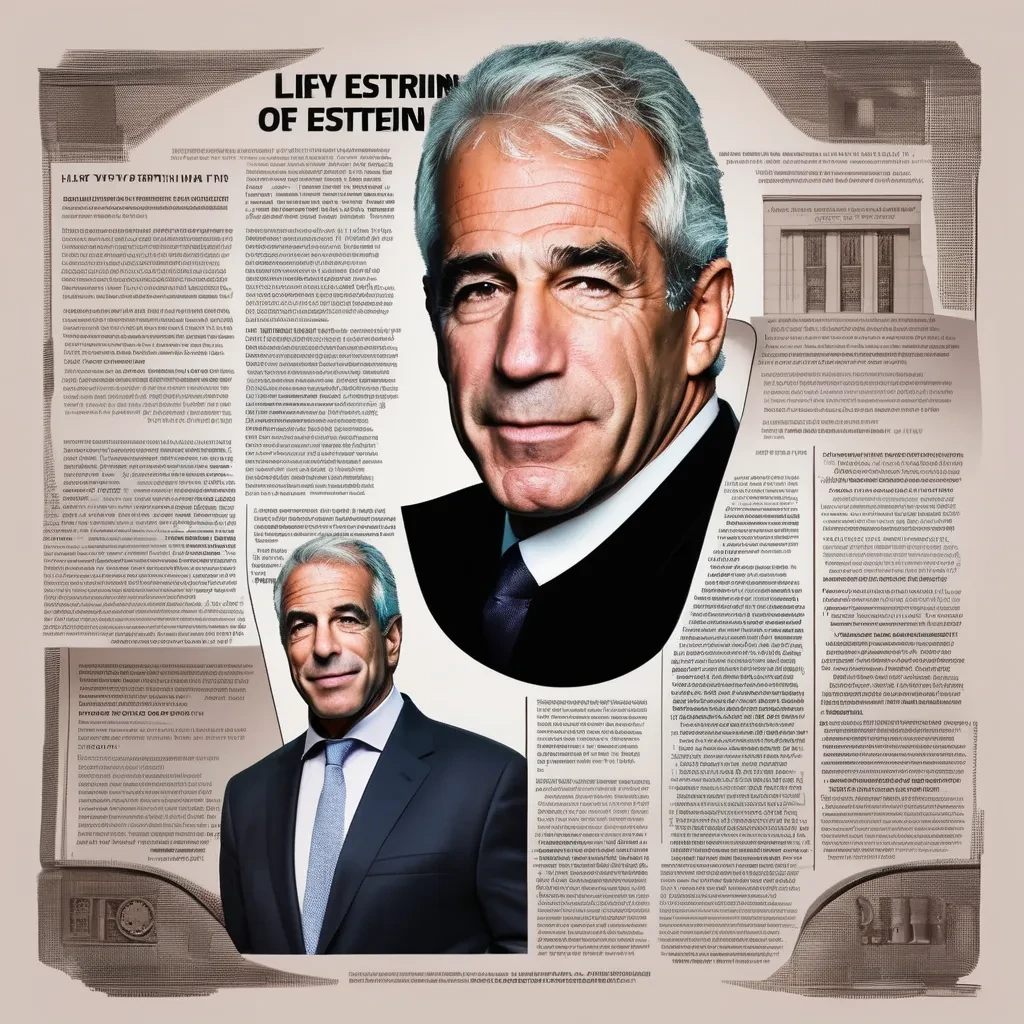
Jeffrey Epstein, a name that became synonymous with scandal and controversy, had a significant but often shadowy impact on the financial field. His connections with the elite, particularly in finance, raised questions about the integrity of the industry and the influence of wealth on justice. Epstein’s rise to financial power and his subsequent downfall highlighted the dark intersections of finance, power, and crime.
Epstein’s financial influence began in the 1970s and 1980s when he worked at Bear Stearns, a major investment bank. He quickly made a name for himself by handling the wealth of the ultra-rich, including the L Brands CEO Leslie Wexner. Epstein’s ability to network with high-profile clients allowed him to establish his own financial management firm, J. Epstein & Co., which reportedly only served billionaires. His firm’s exclusivity and his clients’ wealth gave him significant influence in financial circles, although the exact nature of his financial dealings often remained opaque.
The methods Epstein used to amass and manage wealth were as mysterious as they were effective. Despite having no formal financial training, Epstein was able to cultivate relationships with some of the wealthiest individuals in the world. His ability to leverage these relationships for financial gain demonstrated how personal connections could trump traditional financial expertise. However, his lack of transparency in managing funds and the secrecy surrounding his investments led to suspicions and eventually investigations into his financial activities.
Epstein’s financial dealings were not without controversy. He was often accused of using his wealth to protect himself from legal consequences, particularly in the early 2000s when he faced allegations of sexual misconduct. His financial power enabled him to secure a controversial plea deal in 2008, which allowed him to avoid significant jail time despite serious charges. This case underscored how wealth and financial influence could potentially manipulate the legal system, raising ethical questions about the justice system’s impartiality when dealing with the ultra-wealthy.
The revelations about Epstein’s crimes and the sources of his wealth also had broader implications for the financial industry. His case brought to light the potential for abuse within the financial system, where vast sums of money could be moved and managed with little oversight. The secrecy surrounding Epstein’s finances made it difficult for authorities to fully understand the extent of his operations, highlighting the need for greater transparency and regulation in the management of private wealth.
Epstein’s death in 2019, while in federal custody, further complicated the narrative of his financial dealings. It left many questions unanswered about the true extent of his wealth, how he acquired it, and who might have been complicit in his activities. The ensuing investigations into his financial affairs exposed potential weaknesses in the oversight of financial management firms and the risks associated with unchecked financial power.
In conclusion, Jeffrey Epstein’s impact on the financial field serves as a cautionary tale about the dangers of financial secrecy and the power that wealth can wield in society. His ability to manipulate financial systems and evade legal consequences for so long reveals significant flaws in both the financial and legal systems. The ongoing investigations into his financial dealings continue to shed light on these issues, emphasizing the need for stronger regulatory frameworks to prevent similar abuses in the future.

